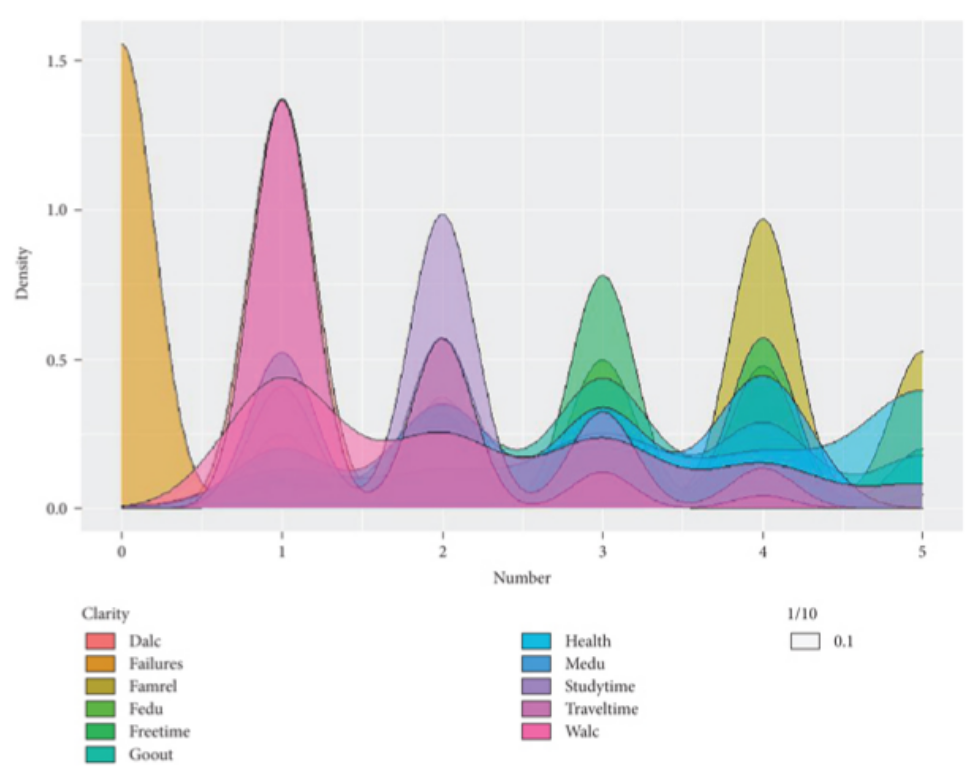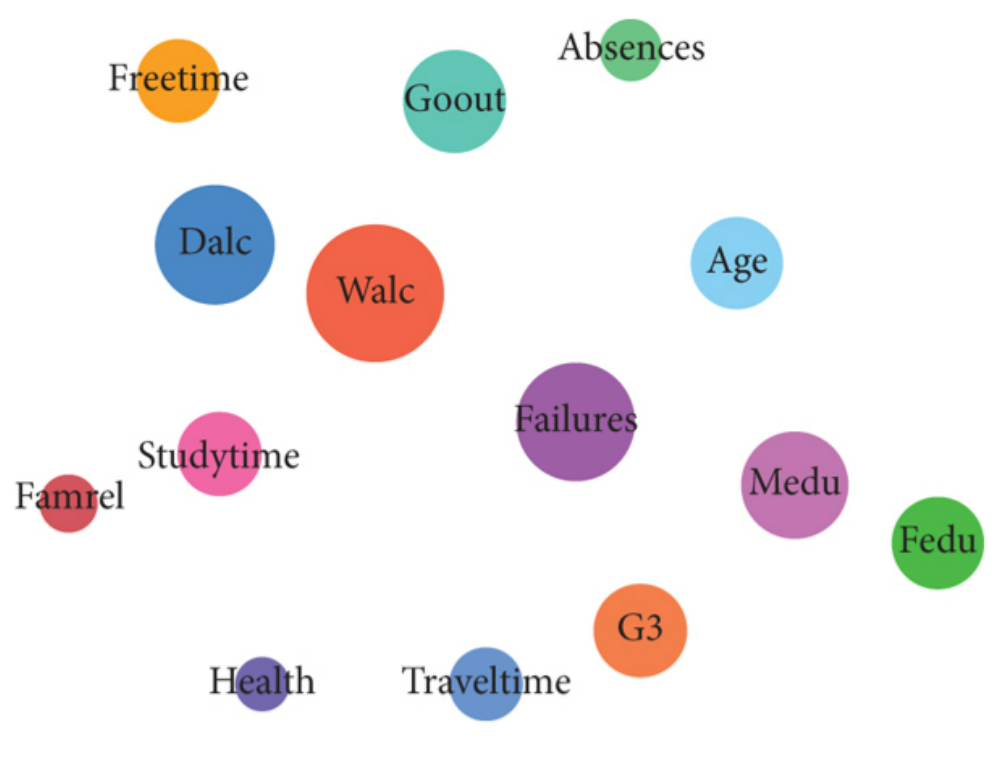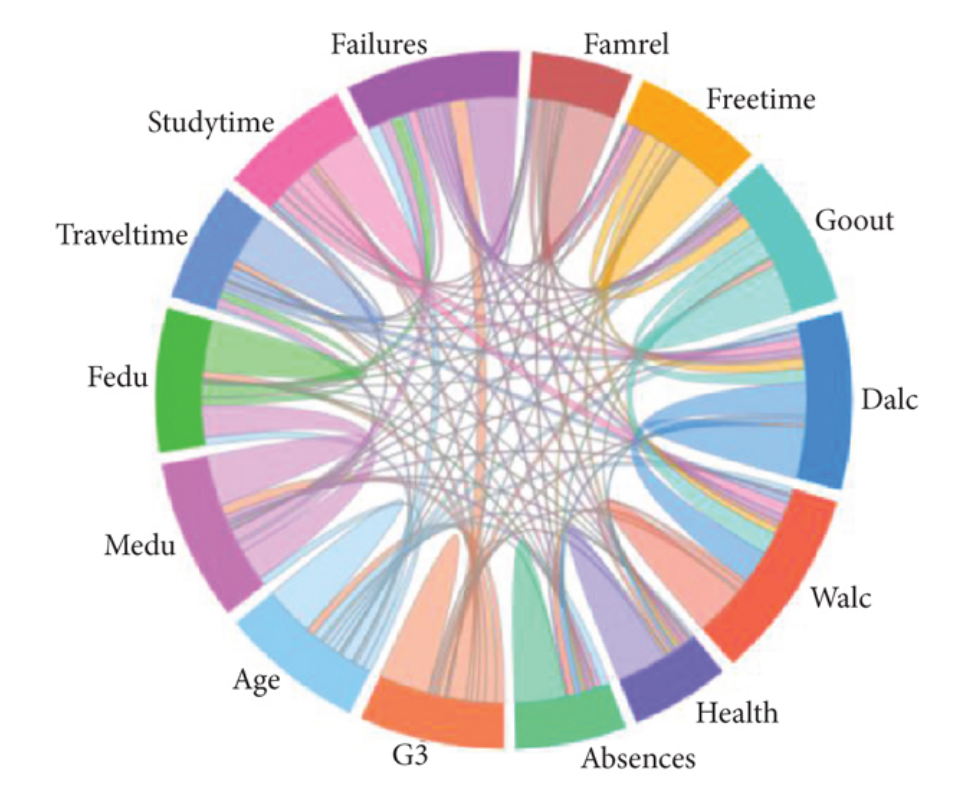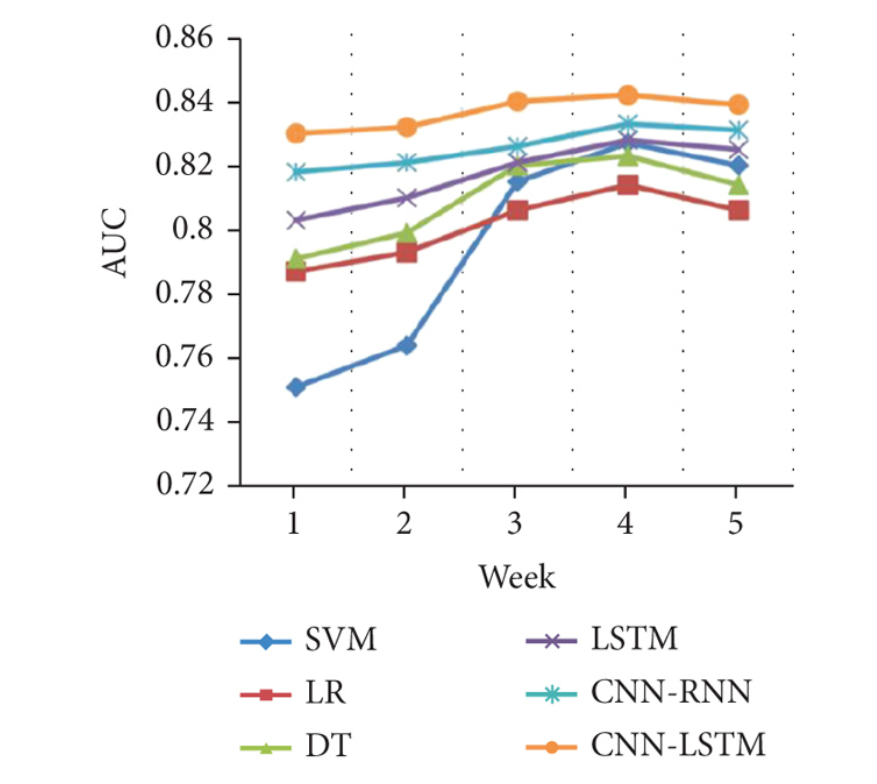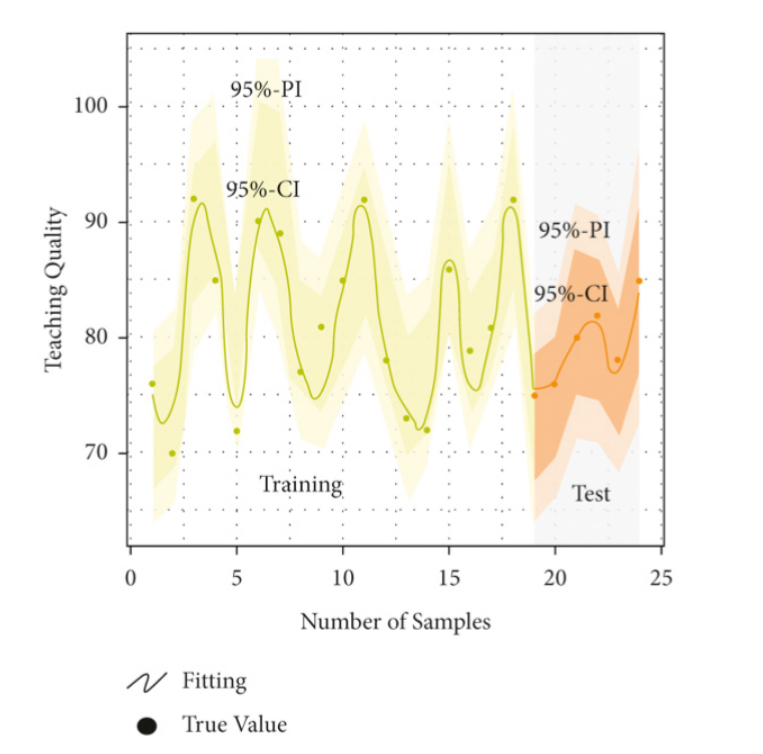Journal metrics
Frequency: Quarterly Publication
Time to first decision: 8 Weeks
Submission to publication: 18 Weeks
Acceptance rate: 15%
Special Issue
more >>
20 April 2023
AS&ES 2022 Reviewer Awards
1 January 2023
Special Issue Call for Papers: "Digital Transformation in Art Education and Creative Industries"
1 February 2022
Jerry Jialie Shen Receives the Prestigious 2021 Test of Time Reviewer Award from the Journal of Arts, Society, and Education Studies
Announcement
more >>
10 September 2024
2024 Best Paper Award
Browse this journal
Recommend Papers
JASES, Vol. 2 (2020), Issue 2 (June)
Issue 2 (June)
Vol. 2 (2020), JASES
10 articles
- Issues are regarded as officially published after their release is announced to the table of contents alert mailing list.
- You may subscribe e-mail alerts to receive table of contents of newly released issues.
- PDF is the official format for papers published in both html and pdf forms.
Displaying articles 1 - 10

